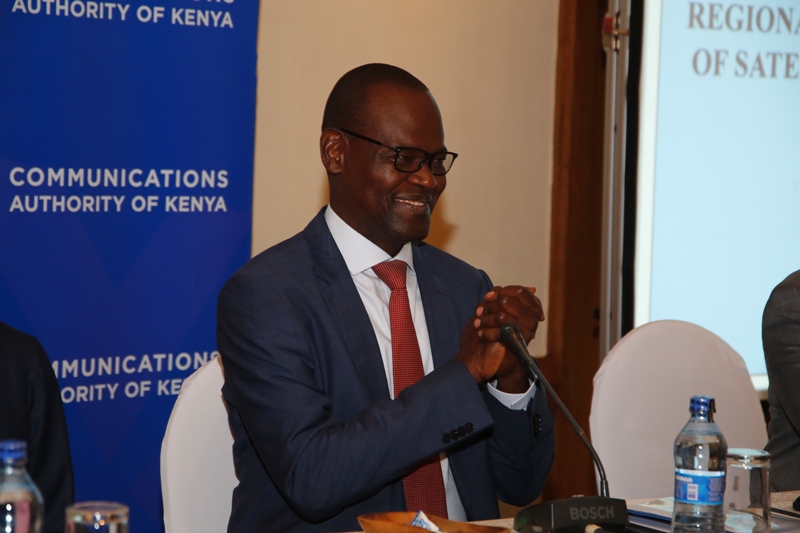advertisement
ATU In Partnership With Ericsson For Enhanced Spectrum Development In Africa
The African Telecommunications Union (ATU) in partnership with Ericsson has finalized the development of Spectrum recommendations for African countries paving…

The African Telecommunications Union (ATU) in partnership with Ericsson has finalized the development of Spectrum recommendations for African countries paving way for the prospect of enhanced usage of mobile services, wireless connectivity, and the effective deployment of newer technologies such as 5G in the continent.
The draft recommendations were endorsed today in an event attended by twenty-five (25) African countries and representatives from the Regional Economic blocks.
Usually grouped in “bands” depending on their wavelengths and allocated to the mobile industry and other sectors for communication over the airwaves, the spectrum is the invisible radio frequency that makes it possible for the wireless signal to travel.
advertisement
Through the said recommendations, the ATU-Ericsson partnership hopes to further guide African countries in the strategic management of spectrum, support proper licensing and audit as well as general evolution of this crucial resource.
Speaking during the validation forum, the ATU Secretary-General Mr. John OMO emphasized the need to fast-track the implementation of these recommendations. “Radio spectrum is a natural, scarce, and valuable resource that is currently being used for a wide range of applications, providing many economic and social benefits in the continent. As demand for spectrum continues to grow, regulators must work to meet the pressure that comes with managing the use of spectrum resources,” he said.
Today, most of the connection in African countries remain largely driven by wireless technologies which rely on the spectrum. As such, there has always existed the need for African countries to make enough spectrum available for mobile broadband through a spectrum allocation mechanism. The recommendations via the ATU/Ericsson partnership, in this sense, provide a pathway for regulators to overcome the spectrum shortage through the adoption of appropriate spectrum policies.
advertisement
With mobile penetration in Africa at about 49%, a significant connectivity gap exists and demand for access to new technological innovations and state-of-the-art technologies is on the rise. Consequently, spectrum management has been prioritized as an important aspect that will ensure the effective use of the limited resource. African countries face the need to develop national broadband spectrum plans which incorporate clear licensing roadmaps, flexible approaches to Spectrum regulation, consideration of spectrum demand drivers, and encouragement of efficient spectrum use. It is hoped that the recommendations will assist countries to undertake these essential endeavors better.
“Spectrum licensing frameworks are a critical component of maximizing the use of spectrum resources to ensure that they enhance and expand the capacity and coverage of mobile and broadband networks for the benefit of end-users as well as to help in bridging the Digital Divide,” said Dr. Mohamed EL-MOGHAZI, Chairman of the Task Group.
The recommendations were developed via a dedicated ATU task group under the leadership of Dr. Mohamed EL-MOGHAZI from Egypt and Mr. Dick SONO from South Africa who also serves as the Vice-Chair of the Task Group. Mr. Alfred Joseph BOGERE from Uganda, Mr. Gabriel KOFFI from Cote d’Ivoire, and Mr. Wilson BOKATOLA from Congo served as rapporteurs for the Task Group.